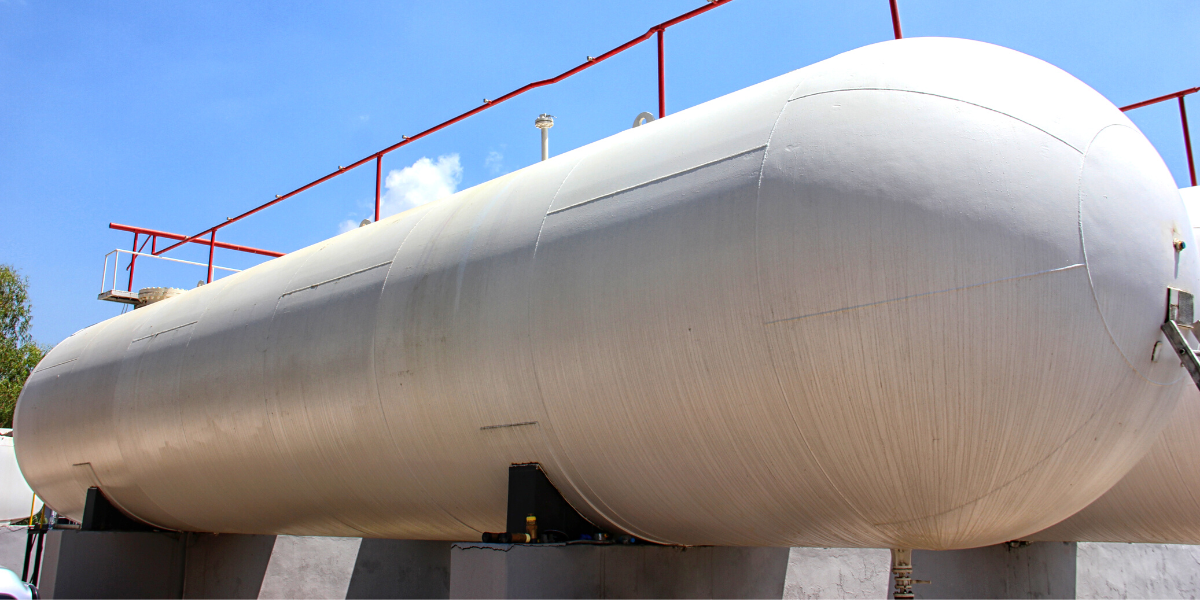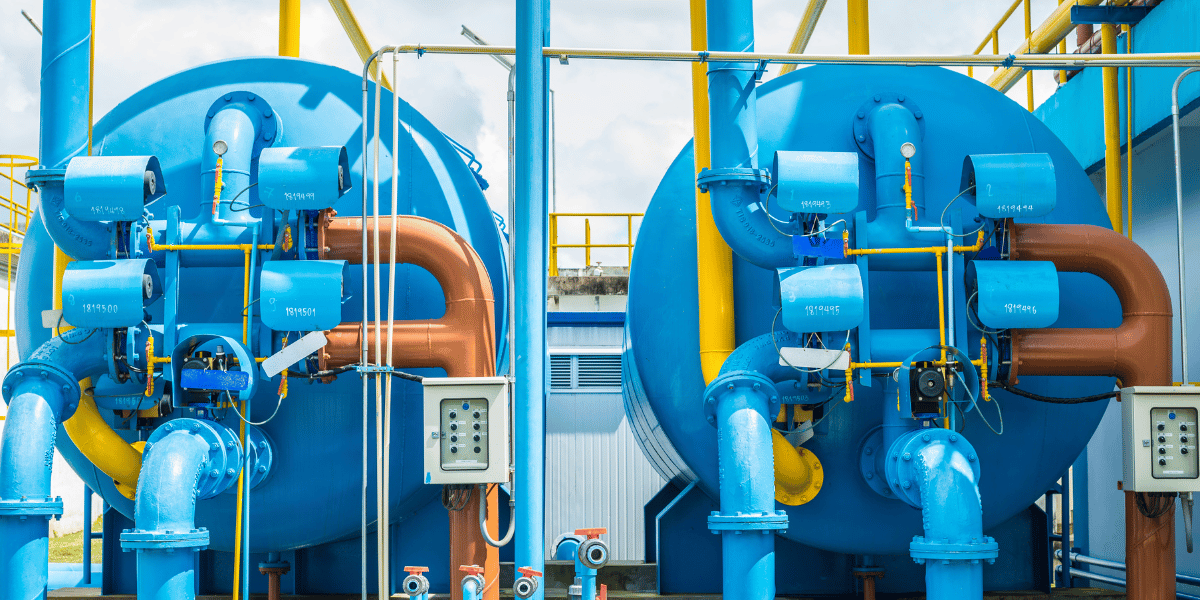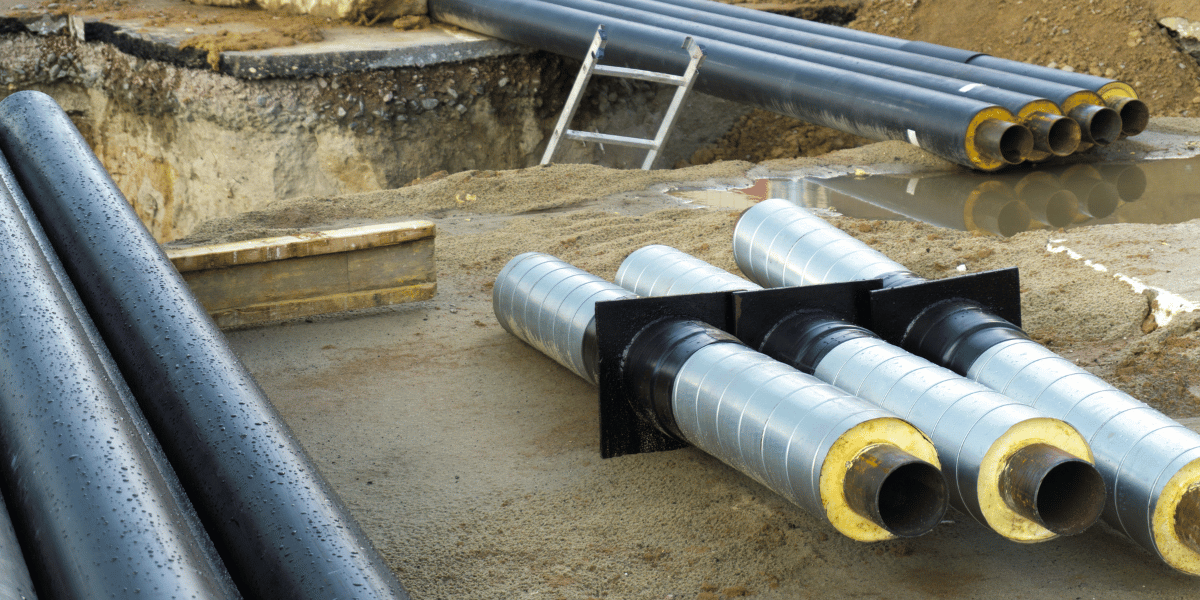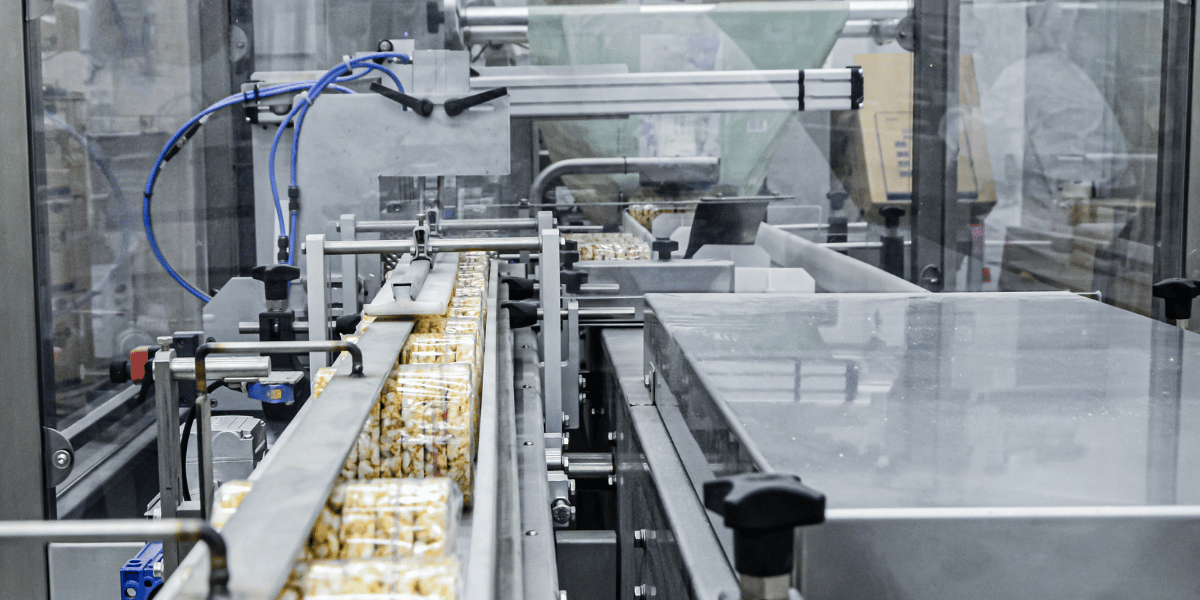Elevating Water Treatment with Custom Fabrication Services
In the realm of modern water treatment, the need for robust, reliable infrastructure is paramount. Ensuring that critical equipment operates...
3 min read
 Cypress Fabrication Services
:
Feb 6, 2023 12:30:53 PM
Cypress Fabrication Services
:
Feb 6, 2023 12:30:53 PM

ASME pressure vessels are designed to safely contain liquids and gases at high pressures. They are used in a variety of industries, including chemical processing, oil and gas production, and power generation. If you're working with or performing maintenance on ASME pressure vessels, it's important to understand the different design codes and standards that apply to them. In this blog post, we'll give you an overview of everything you need to know about ASME pressure vessels.
ASME certification is an important part of working with pressure vessels, as it ensures these critical pieces of machinery and materials are conforming to industry standards. The American Society of Mechanical Engineers (ASME) grants pressure vessels their certification through rigorous testing that verifies proper design, fabrication, installation quality, safety ratings, testing records, and more.
Obtaining an ASME certification is not only a validating symbol for the producer, but it provides added protection for the end user. Having the assurance that the vessel has been approved by a trusted authority like ASME goes a long way in fostering both confidence and accuracy in whatever application it is used for.
Getting equipment certified by the ASME is an essential part of ensuring safety in a variety of industries. Pressure vessels are no exception. With ASME certification, you can be sure that the processes used in pressurized equipment’s fabrication and operation meet their rigorous standards, safeguarding workers and facilities from potential harm caused by substandard practices.
If a pressure vessel fails because it was not created using appropriate methods or materials, the consequences could be extremely severe – and potentially even deadly. Having up-to-date ASME certification demonstrates that a vessel operates to the highest safety standards and is regularly maintained so as not to become vulnerable to shock or failure. Moreover, ASME certification provides customers with a higher level of confidence knowing all applicable guidelines for quality control and legal compliance have been met.
When selecting the right ASME pressure vessel for your needs it is important to consider three valuable aspects:
As mentioned above, you should also make sure that your vessel adheres to all applicable safety and design codes. Additionally, you want to think about other features you may need, such as special accessories or an external coating, that is either complementary or compliant with other components of your system.
With the right information and knowledgeable guidance from a specialist like Cypress Fabrication, you can make sure to choose an ASME pressure vessel that best meets your requirements.
Using an ASME pressure vessel offers multiple benefits in a wide range of industrial operations. Not only do they demonstrate integrity and reliability, but they also meet strict standards when it comes to design, construction, and testing.
Pressure vessels provide a robust container to safely store specific liquids and gases at high pressures or temperatures, or high-viscosity substances, while offering a high degree of corrosion resistance — important factors for any industrial application. Peristaltic pumps, often used in fluid handling systems, are ideal for transferring these challenging fluids due to their ability to handle viscous, abrasive, and chemically sensitive substances. ASME pressure vessels are designed to handle more pressure than non-certified pressure vessels, so they're a safer option.
The integrity and safety of ASME pressure vessels make them the perfect choice in many industries where precision is valuable and required. ASME certification ensures that the manufacturing process meets high standards, which further increases safety. When choosing an ASME pressure vessel, it's important to consider your needs and select a size and material that will best meet those needs.
If you're in the market for an ASME pressure vessel, Cypress Fabrication is the team to trust. Cypress Fabrication is proud to be ASME certified and offers a wide range of ASME pressure vessels in various sizes and materials.
Our experienced staff and quality workmanship meet our nation's highest safety standards with our ASME certification. You can be sure that any vessel from us comes with peace of mind knowing your purchase meets all relevant industry standards.
So if you're looking for a reliable pressure vessel company that stands behind its product, look no further than Cypress Fabrication. Contact us today to learn more or request a quote!
At Cypress Fabrication Services, we are a leading ASME-certified metal fabrication company with over twenty years of experience in the oil and gas industry. We specialize in custom metal fabrication for upstream, midstream, and downstream operations. All of our products are designed and fabricated to meet your specific process requirements, as well as various industry standards including our DNV skid certification, ABS certification, ASME pressure vessels, and AISC fabrication.

In the realm of modern water treatment, the need for robust, reliable infrastructure is paramount. Ensuring that critical equipment operates...

In today’s rapidly evolving energy and telecommunications landscape, the utilities industry stands at the forefront of delivering reliable,...

Food and beverage manufacturers face heightened pressure to ensure the quality and affordability of their products. Consequently, they need to...